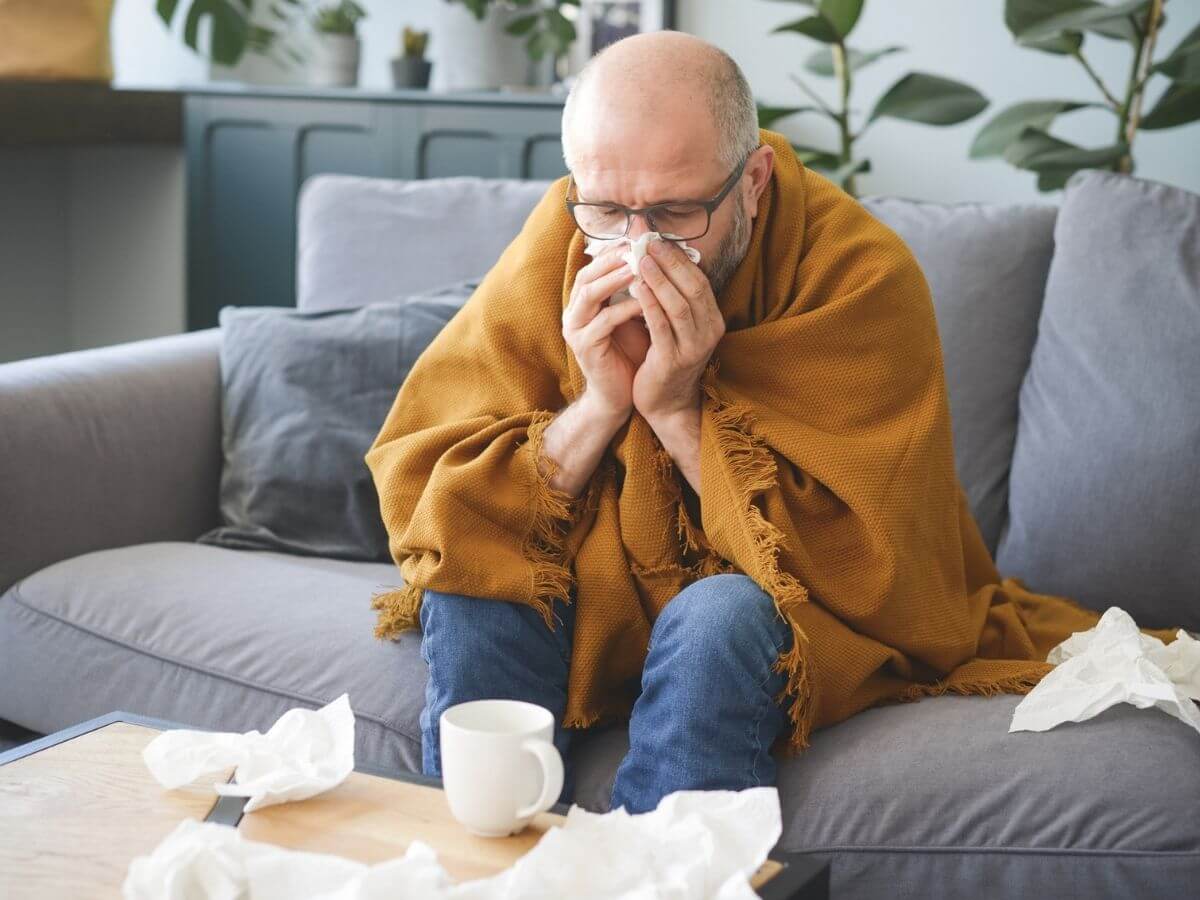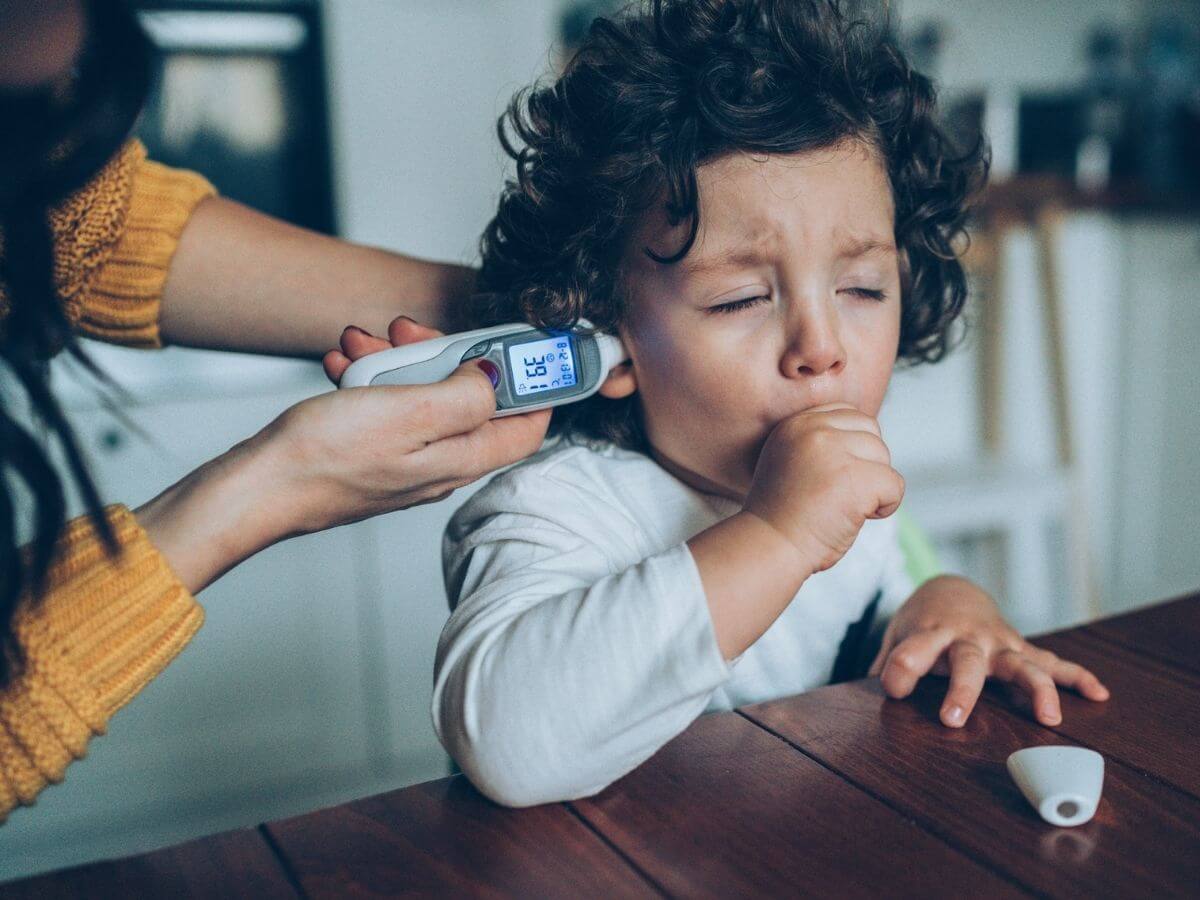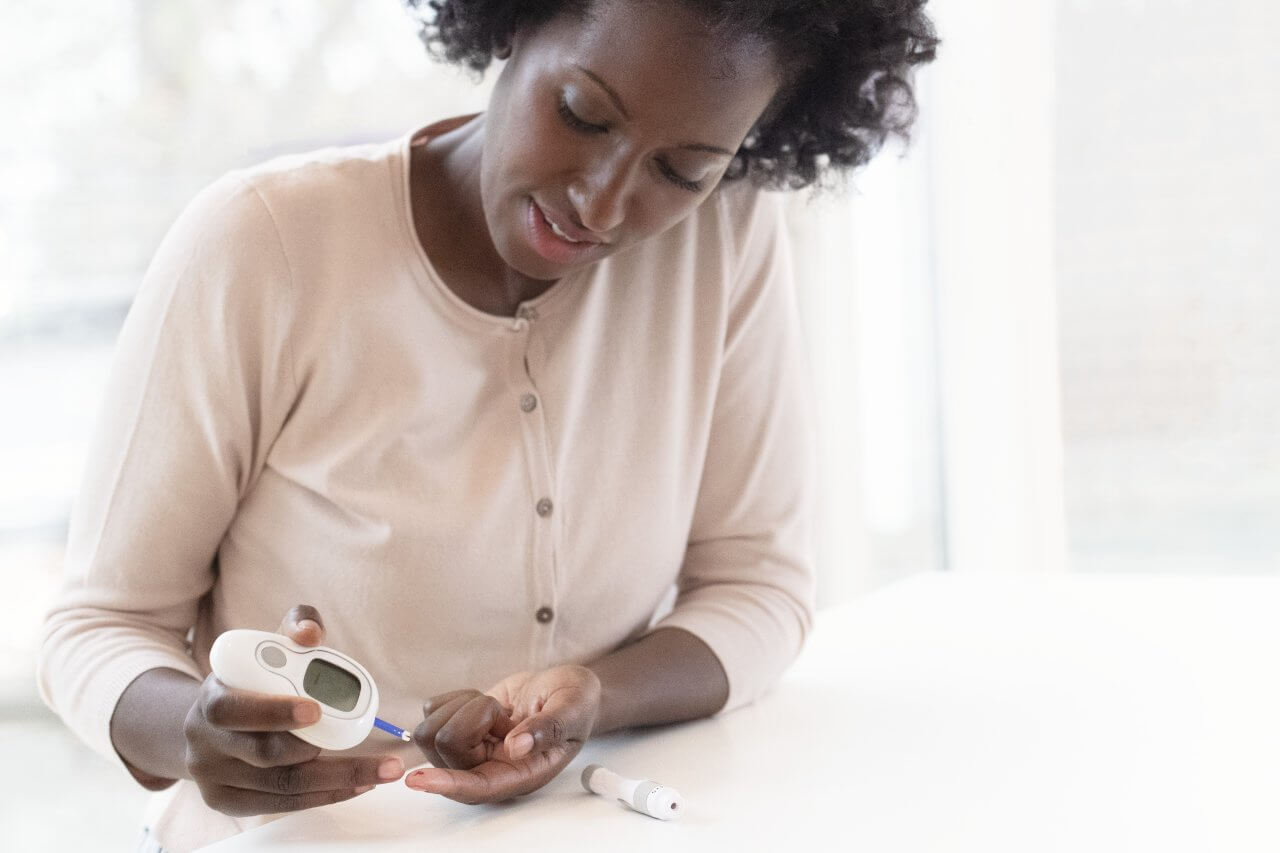Sinus Infection or COVID-19? How to Tell the Difference.

When normally air-filled pockets behind your face become filled with fluid, that environment enables viruses and bacteria to grow. In some instances, the result is what’s called a sinus infection or sinusitis.
Some of the symptoms of a sinus infection are the same as those of COVID-19. That can make it difficult to know whether you have one illness or the other.
Symptoms of Sinus Infections and COVID-19
Symptoms that can be caused by both sinus infections and COVID-19 include:
Other symptoms are more common with one illness or the other. Symptoms specific to sinus infections include:
- Pain or pressure felt in the upper cheeks, around the eyes, or in the forehead
- postnasal drip (mucus that runs down the throat)
- Discolored nasal drainage
- Bad breath
- Toothache
Symptoms specific to COVID-19 include:
- Shortness of breath
- Loss of sense of taste and/or smell
- Body aches
- Digestive issues like nausea, vomiting, and diarrhea
Getting Vaccinated is the Best Protection
Getting the COVID-19 vaccine is the best way to prevent COVID-19 infection and end the pandemic. The vaccine cannot give you COVID-19, but it can help protect you from serious illness. Learn more about the COVID-19 vaccine and make a first, third, or booster vaccination appointment at a location near you.
Other ways to tell a sinus infection and COVID-19 apart include conditions before the onset of symptoms, how quickly they develop, and how long they last. Sinus infections often occur following the common cold or flu. If you’ve had one of those illnesses and then develop additional symptoms, it’s more likely to be a sinus infection. Sinus infections are also more common in the fall and winter months, whereas COVID-19 infections occur throughout the year.
In addition, sinus infection symptoms tend to come on more quickly than COVID-19 symptoms, which can develop gradually — over 14 days in some instances. And sinus infection symptoms tend to clear up in two to three weeks, whereas people who contract COVID-19 generally recover in roughly seven days from the time of diagnosis.
When to Contact Your Doctor
Both sinus infections and COVID-19 tend to resolve on their own with rest, plenty of fluids, and a healthy diet. You can also take over-the-counter medications as directed to relieve congestion, fever, and discomfort. You can also get congestion relief by breathing warm, moist air, like in the shower.
If you think you have COVID-19, you should get tested promptly. If you test positive, you should isolate yourself from others for five days. That includes members of your household.
Contact your doctor if your symptoms worsen or don’t improve, or if you experience any of these severe COVID-19 symptoms:
- Trouble breathing
- Persistent chest pain or pressure
- Blue or gray colorin your fingernails, lips, or skin
- Difficulty waking up or staying awake when appropriate
- Confusion
If you don’t yet have a Baptist Health doctor, you can find one near you in our online provider directory.
Long-Haul COVID-19
In some cases, COVID-19 infections cause what’s called long-haul COVID-19 or long COVID for short. Symptoms of that condition can last for weeks or months and include:
- Ongoing fatigue
- Shortness of breath
- Heart palpitations
- Brain fog
- Muscle and joint pain
If you think you have long COVID, contact your doctor for advice on how to address it.
Next Steps and Useful Resources:
Find a Provider
Schedule a COVID-19 Test
See a Provider Online
Stuffy Nose or Sinusitis?
How Long Does a Sinus Infection Last?
Treating and Managing Long COVID Symptoms



